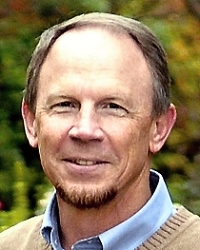 Dr. Ben Beard, PhD, Chief Bacterial Diseases Branch at the CDC, visited with Bay Area Lyme and invited guests as part of the foundation’s ongoing speaker series. This donor-sponsored forum brings together researchers and other experts in an intimate forum for topical discussions with community members. Past events have included Emerging Leader Award winners, clinicians, and patient advocates.
Dr. Ben Beard, PhD, Chief Bacterial Diseases Branch at the CDC, visited with Bay Area Lyme and invited guests as part of the foundation’s ongoing speaker series. This donor-sponsored forum brings together researchers and other experts in an intimate forum for topical discussions with community members. Past events have included Emerging Leader Award winners, clinicians, and patient advocates.
The next event, on Wednesday, March 2, will feature Dr. Christine Green, Director of Education for ILADS, and Allie Cashel, author of Suffering the Silence: Chronic Lyme Disease in an Age of Denial.
For more information, see Speaker Series.
———————————————————————————————————-
As Chief of the CDC’s Bacterial Diseases Branch, Division of Vector-Borne Diseases in Fort Collins, Colorado, Dr. Beard coordinates CDC’s programs on Lyme disease, plague, and tularemia. His scientific interests include public health and the biology, ecology, and genetics of insect-borne diseases and vectors. More recently, he has been extensively involved in the CDC’s work to understand and mitigate the potential impact of climate variability and change on infectious disease ecology. He shared the CDC’s concerns about the expanding disease burden and distribution of Lyme and affirmed the importance of attracting new research interest and efforts focused on Lyme disease and other tick-borne infections.
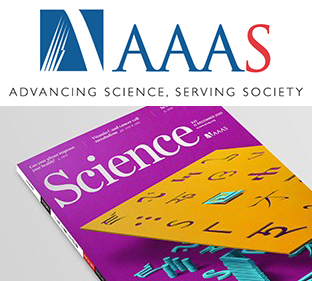 Some weeks ago, two members of the Bay Area Lyme Foundation Science Committee,
Some weeks ago, two members of the Bay Area Lyme Foundation Science Committee, 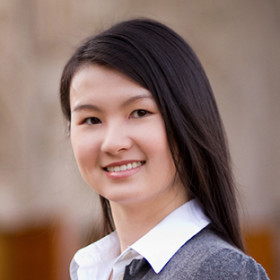
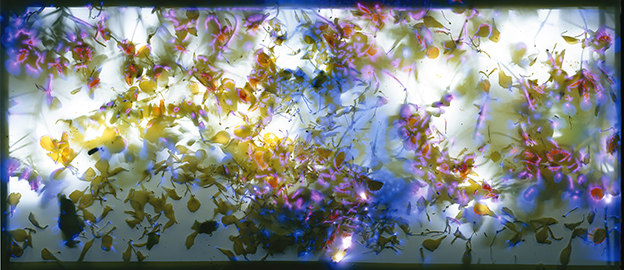
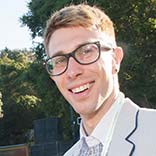
 By Allie Cashel
By Allie Cashel